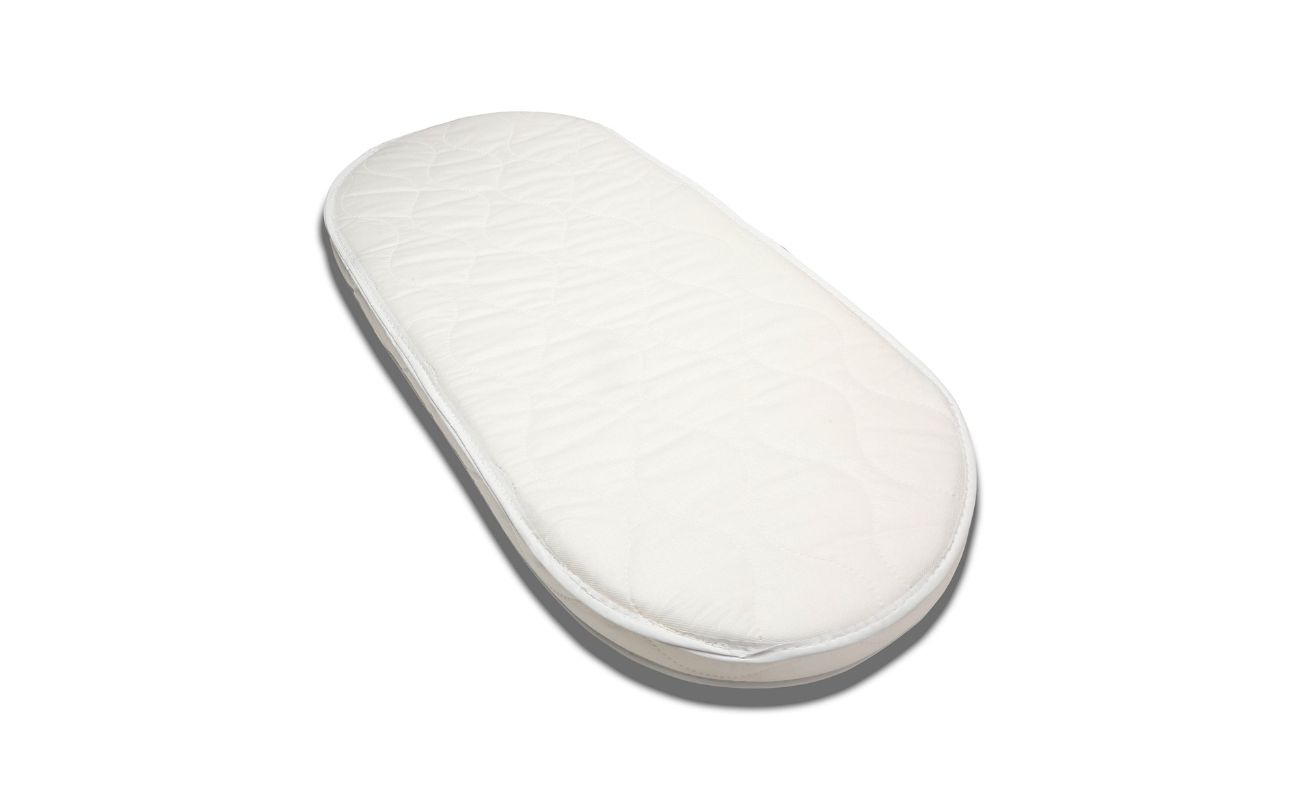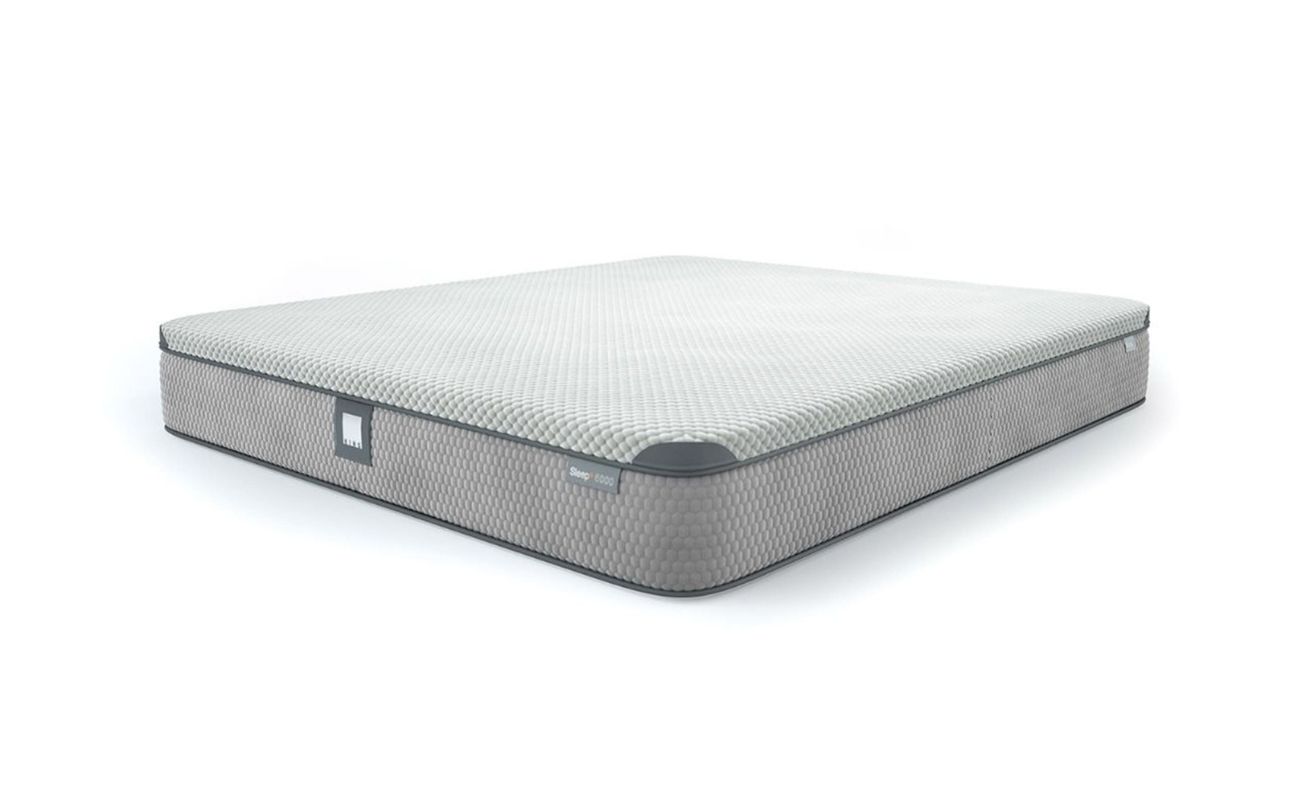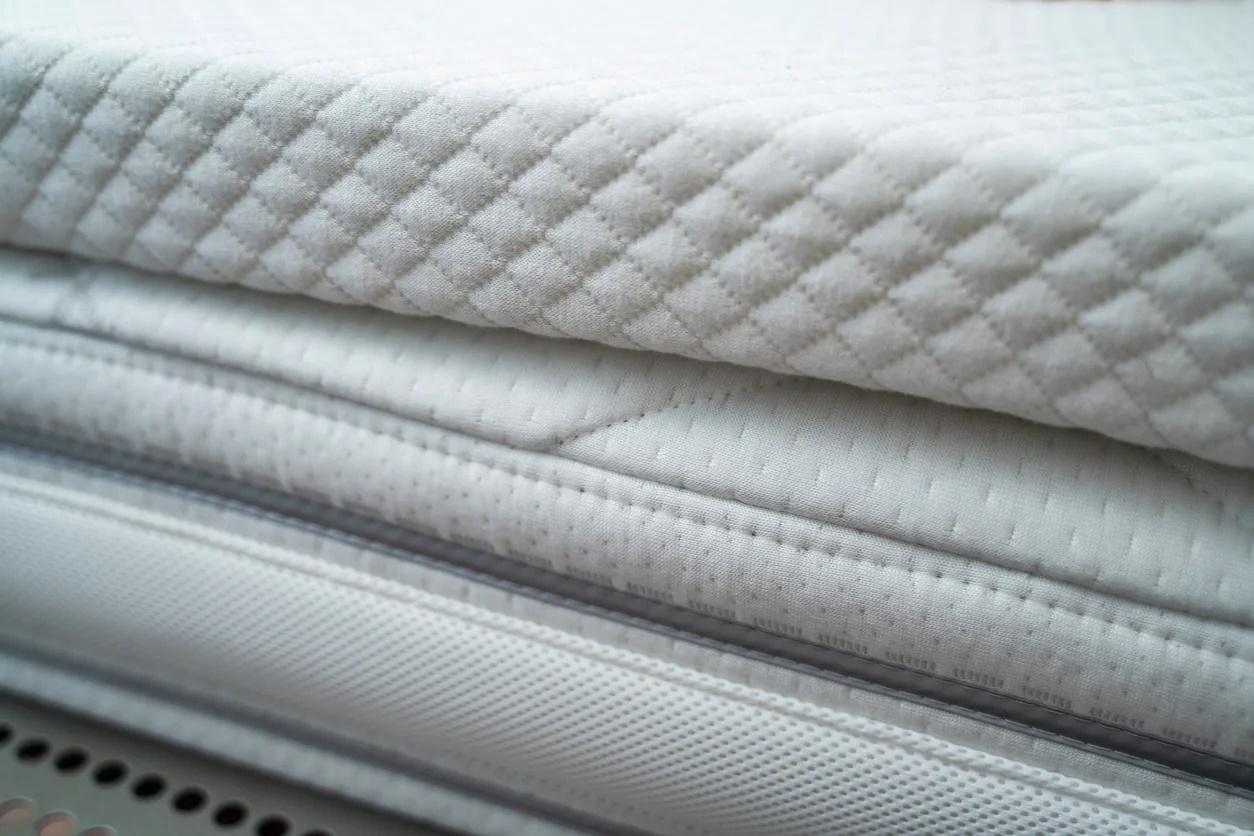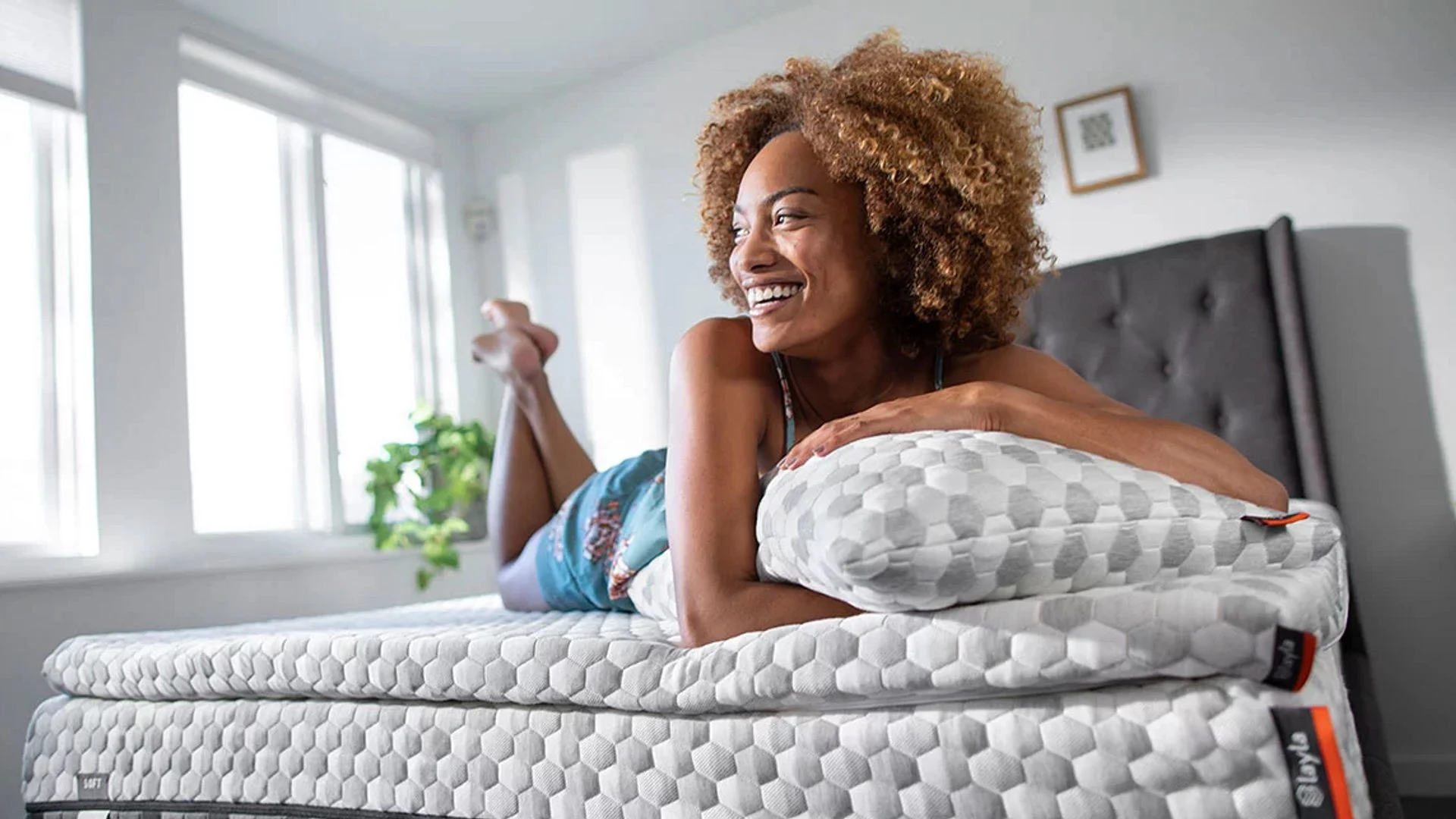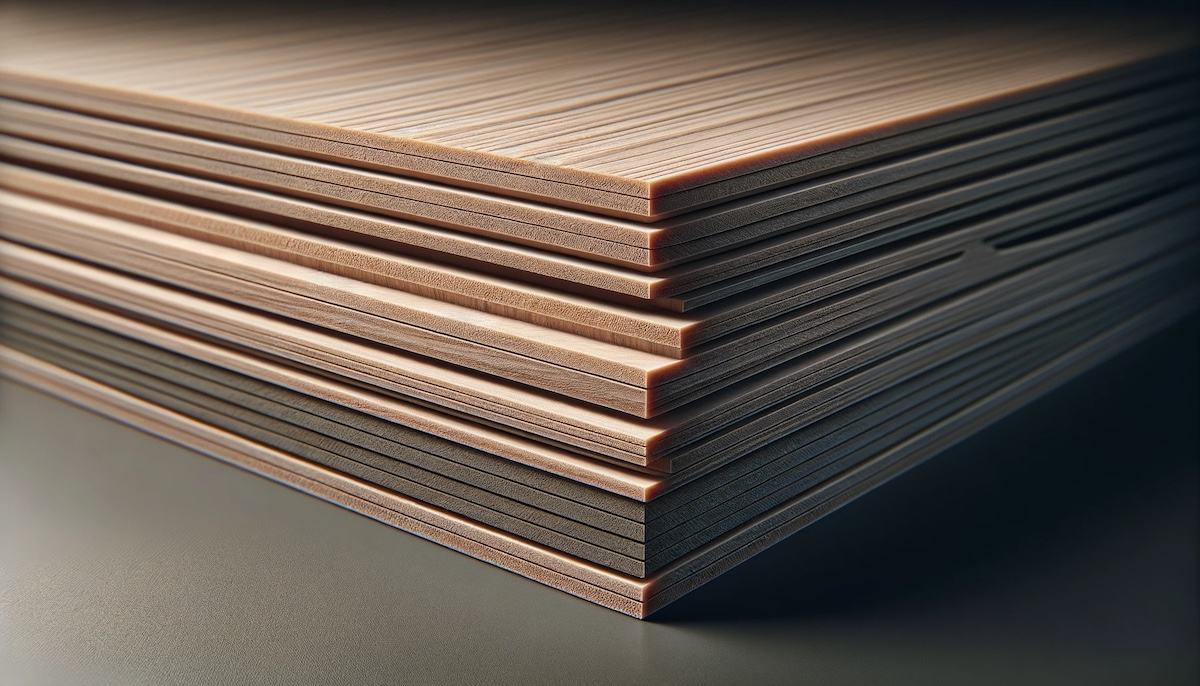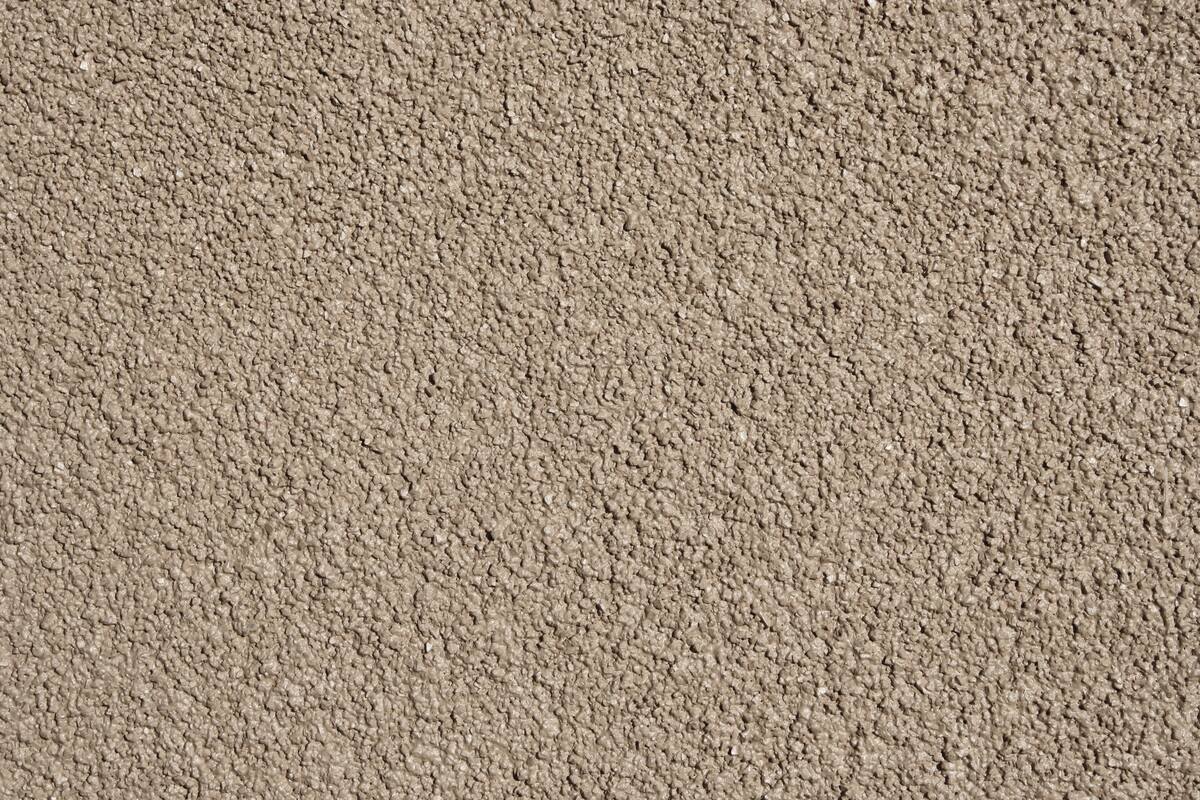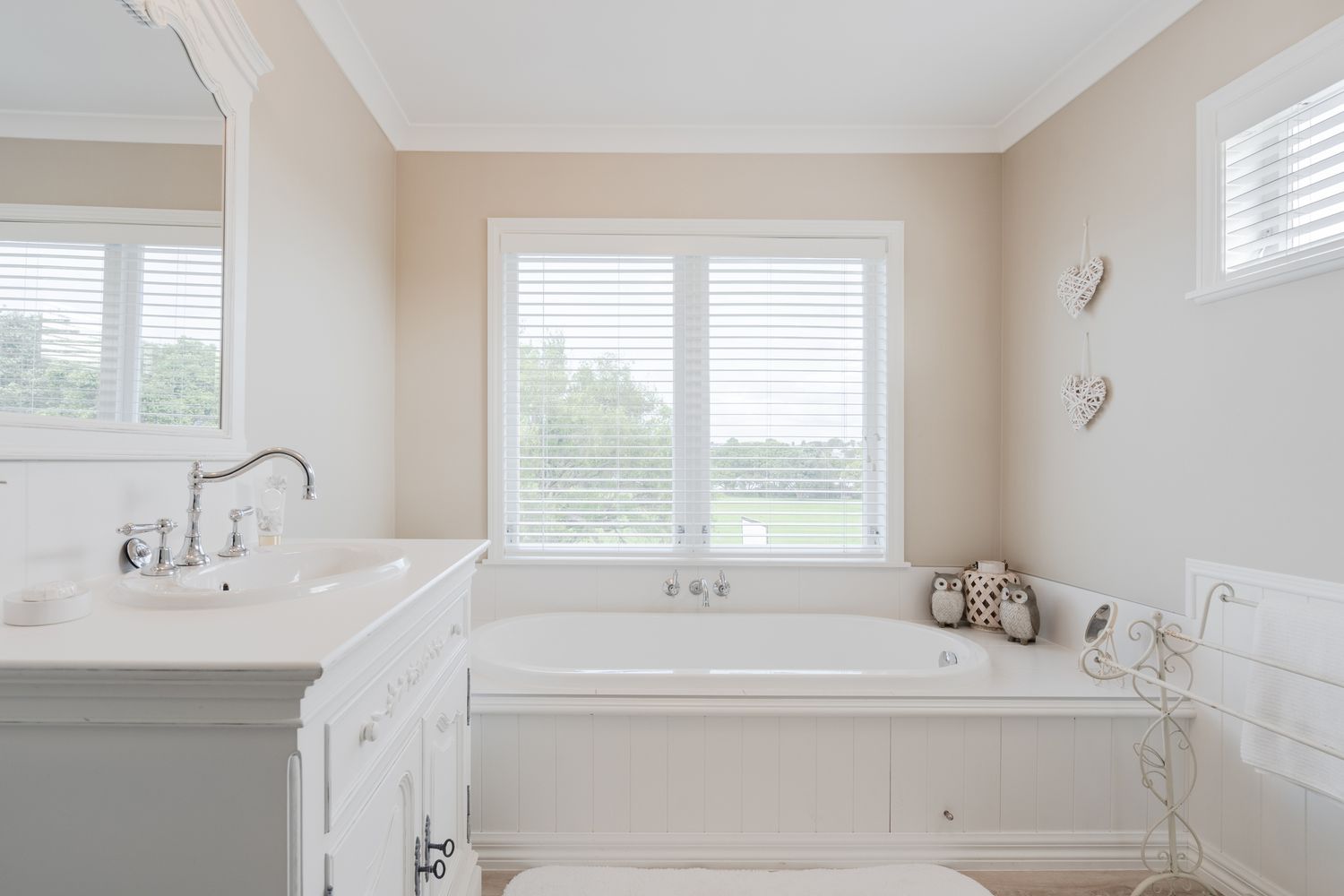Home>Furniture>Bedroom Furniture>How Thick Is The Average Mattress
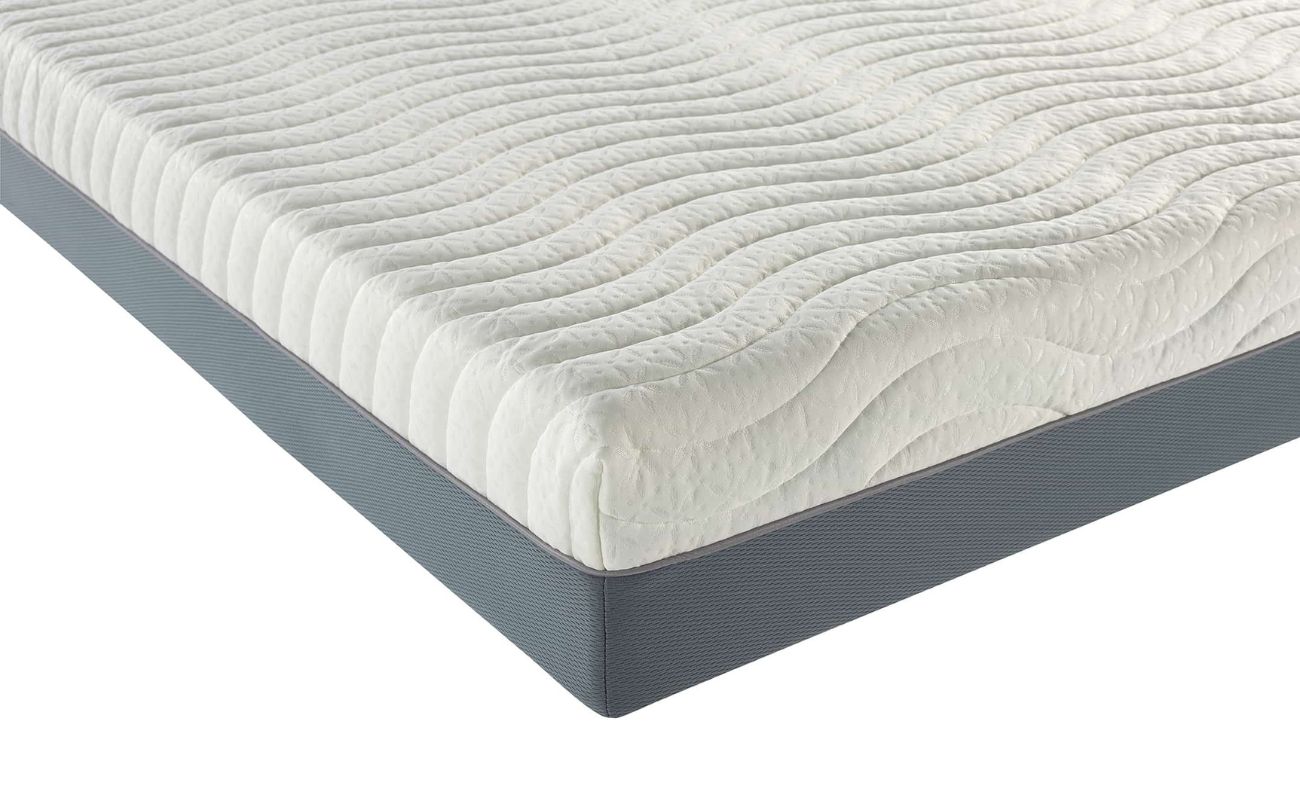

Bedroom Furniture
How Thick Is The Average Mattress
Modified: February 25, 2024
Discover the ideal thickness of an average mattress for your bedroom furniture. Choose the perfect comfort level and support for a restful sleep.
(Many of the links in this article redirect to a specific reviewed product. Your purchase of these products through affiliate links helps to generate commission for Storables.com, at no extra cost. Learn more)
Introduction
When it comes to creating a comfortable and inviting bedroom space, one crucial element stands out – the mattress. The right mattress can make all the difference in ensuring a restful night’s sleep and waking up refreshed in the morning. But have you ever wondered how thick the average mattress is?
In this article, we will explore the world of mattress thickness and delve into the factors that can affect it. We will also discuss industry standards and the average thickness of different mattress types. By the end, you’ll have a better understanding of the pros and cons of thick and thin mattresses, as well as some recommendations for choosing the right thickness to suit your needs.
So, let’s dive in and discover the secrets behind the thickness of mattresses!
Key Takeaways:
- Choose a mattress thickness based on your sleeping position, body weight, and comfort preferences. Thicker mattresses offer plushness and support, while thinner ones provide firmer support and affordability.
- Consider industry standards and brand recommendations when selecting a mattress thickness. Test the mattress if possible and prioritize comfort, support, and durability for a restful night’s sleep.
Read more: How Thick Is A Casper Mattress
Understanding Mattress Thickness
Mattress thickness refers to the height or depth of a mattress when measured from the top surface to the bottom surface. It is one of the essential considerations when purchasing a new mattress as it can greatly impact the comfort and support it provides.
The thickness of a mattress is influenced by several factors, including the materials used, the construction method, and the intended purpose or type of mattress.
Typically, mattresses range in thickness from 6 to 18 inches, with the most common thicknesses falling between 8 and 14 inches. However, there are variations beyond these ranges depending on specific mattress types, such as memory foam, innerspring, hybrid, or latex mattresses.
It’s important to note that the thickness of a mattress is not necessarily an indicator of its quality or level of comfort. Different individuals have different comfort preferences, and factors such as body weight, sleeping position, and personal requirements also play a role in determining the ideal mattress thickness.
Now that we have a basic understanding of mattress thickness, let’s explore the various factors that can affect it.
Factors Affecting Mattress Thickness
Several factors can influence the thickness of a mattress. Understanding these factors will help you make an informed decision when selecting the right mattress thickness for your needs. Let’s take a closer look at some of the key factors:
- Comfort and Support: The primary goal of a mattress is to provide comfort and support while you sleep. Different materials and construction techniques can impact the level of comfort and support offered by a mattress. Thicker mattresses often have more layers, offering more cushioning and support.
- Material Composition: The choice of mattress material can also affect its thickness. For example, memory foam mattresses tend to be thicker due to the multiple layers of foam, while innerspring mattresses may have a thinner profile due to the coil system.
- Specialized Features: Some mattresses may come with specialized features such as pillow tops, Euro tops, or additional comfort layers. These features can add extra height to the mattress, increasing its overall thickness.
- Edge Support: The edge support system in a mattress can impact its thickness as well. Mattresses with stronger edge support may have additional materials around the edges, making them slightly thicker.
- Preferences and Requirements: Personal preferences and specific requirements also play a role in choosing mattress thickness. Factors like body weight, sleeping position, and any existing health conditions can influence the ideal thickness necessary for proper support and comfort.
It’s worth noting that thicker doesn’t always mean better when it comes to mattresses. Each person has unique needs and preferences, so it’s essential to consider the right balance of comfort, support, and other factors when selecting the ideal thickness.
Now that we understand the factors that can affect mattress thickness, let’s explore the industry standards for mattress thickness in the next section.
Industry Standards for Mattress Thickness
When it comes to mattress thickness, there are industry standards that manufacturers typically adhere to. However, it’s important to note that these standards are not rigid rules, and there can be variations depending on the brand or specific mattress type.
The standard thickness for most mattresses falls within the range of 8 to 14 inches. This range is considered to provide a good balance of comfort and support for the majority of sleepers. However, some mattress types may have different standard thicknesses:
- Innerspring Mattresses: Innerspring mattresses typically have a standard thickness ranging from 8 to 12 inches. This thickness range is suitable for providing adequate support from the coil system while offering a comfortable sleeping surface.
- Memory Foam Mattresses: Memory foam mattresses are known for their contouring and pressure-relieving properties. They usually have a standard thickness ranging from 10 to 14 inches. The thicker profile allows for multiple layers of foam and enhanced comfort.
- Hybrid Mattresses: Hybrid mattresses combine the benefits of both innerspring and memory foam mattresses. They often have a standard thickness range of 10 to 14 inches, providing a balance of support and cushioning.
- Latex Mattresses: Latex mattresses are known for their durability and natural materials. They generally have a standard thickness ranging from 8 to 12 inches, offering a responsive and supportive sleep surface.
Keep in mind that these are general guidelines, and variations can exist within each mattress type. It’s always a good idea to consider the specific product and manufacturer recommendations when choosing a mattress.
Now that we have explored industry standards, let’s delve into the average thickness of different mattress types in the next section.
Average Thickness of Different Mattress Types
While there is no one-size-fits-all answer to the ideal mattress thickness, it can be helpful to understand the average thicknesses of different mattress types. This will give you a general idea of what to expect when shopping for a specific mattress type. Let’s explore the average thickness ranges for some popular mattress types:
- Innerspring Mattresses: On average, innerspring mattresses have a thickness range of 8 to 12 inches. This typically includes the coil system, comfort layers, and a quilted top cover. Thicker innerspring mattresses may offer more cushioning or additional support features.
- Memory Foam Mattresses: Memory foam mattresses are known for their conforming properties and pressure relief. On average, they have a thickness range of 10 to 14 inches. This allows for multiple layers of memory foam, including a comfort layer and a supportive base layer.
- Hybrid Mattresses: Hybrid mattresses combine innerspring coils with memory foam or latex layers. On average, hybrid mattresses have a thickness range of 10 to 14 inches. This allows for a supportive coil system along with the comfort and contouring benefits of the foam or latex layers.
- Latex Mattresses: Latex mattresses are known for their natural materials and durability. On average, they have a thickness range of 8 to 12 inches. This includes multiple layers of latex foam, providing a responsive and supportive sleep surface.
It’s important to note that these average thickness ranges can vary depending on the brand and specific model of the mattress. Additionally, some mattress manufacturers offer options for customizable thickness, allowing you to choose the desired level of comfort and support.
Now that we have explored the average thicknesses of different mattress types, let’s discuss the pros and cons of thick and thin mattresses in the next section.
Read more: How Thick Is A Futon Mattress
Pros and Cons of Thick and Thin Mattresses
When deciding on the thickness of your mattress, it’s important to consider the pros and cons of both thick and thin options. Here are some advantages and disadvantages of each:
Thick Mattresses:
Pros:
- Comfort: Thick mattresses often have multiple layers of cushioning, providing enhanced comfort and pressure relief. They can offer a plush sleeping surface, especially for side sleepers or those with joint pain.
- Support: With more layers and materials, thick mattresses can provide better support, especially for individuals with back or spine issues. The added thickness can help align the spine and alleviate pressure points.
- Durability: Thicker mattresses are often associated with better durability and longevity. The extra layers and materials can contribute to the overall durability and lifespan of the mattress.
Cons:
- Price: Thick mattresses with multiple layers and materials usually come with a higher price tag. If you’re on a budget, a thicker mattress may not be the most cost-effective option.
- Firmness: While thick mattresses can offer plushness and comfort, they may also feel firmer due to the additional layers of support. If you prefer a softer sleeping surface, a thick mattress may not be the best choice.
- Bulky: Thicker mattresses can be bulkier and heavier, making them more challenging to move or maneuver. If you anticipate needing to transport the mattress frequently, a thinner option might be more convenient.
Thin Mattresses:
Pros:
- Affordability: Thin mattresses generally come with a lower price tag, making them a more budget-friendly option for those on a tight budget.
- Portability: Thin mattresses are lighter and less bulky, making them easier to move, transport, or store. This can be beneficial for those who move often or have limited space.
- Firmer Support: If you prefer a firmer sleeping surface or require more support for your back or spine, a thin mattress might be a suitable choice. Thinner mattresses tend to offer more firmness and less sinkage.
Cons:
- Lack of Cushioning: Thin mattresses may lack the plush cushioning provided by thicker mattresses. This can be a disadvantage for those who prefer a softer sleeping surface for extra comfort.
- Less Durability: Due to their thinner profile, these mattresses may be less durable and have a shorter lifespan compared to thicker options.
- Minimal Pressure Relief: Thin mattresses may not provide as much pressure relief as thicker ones, which can be a drawback for individuals with joint pain or pressure-sensitive areas.
Considering these pros and cons will help you determine which mattress thickness aligns with your specific comfort and support needs.
Next, let’s discuss some helpful recommendations for choosing the right thickness for your mattress.
Choosing the Right Thickness for Your Needs
Choosing the right thickness for your mattress involves considering your personal preferences, sleeping habits, body weight, and any specific requirements you may have. Here are some helpful recommendations to guide you in selecting the ideal mattress thickness:
Read more: How Thick Is An Awara Mattress
Consider Your Comfort Preferences:
Think about whether you prefer a softer, plush sleeping surface or a firmer, more supportive feel. Thicker mattresses often provide a more cushioned and contouring effect, while thinner mattresses tend to offer a firmer support. Choose a thickness that aligns with your comfort preferences.
Take Your Body Weight into Account:
Your body weight can influence the support and comfort you need from your mattress. Heavier individuals may benefit from a thicker mattress to ensure proper support and prevent sinking. Lighter individuals may find sufficient comfort and support with a thinner mattress.
Consider Your Sleeping Position:
Your sleeping position can also impact the ideal mattress thickness. Side sleepers often prefer a thicker mattress to provide ample cushioning and pressure relief for their hips and shoulders. Back and stomach sleepers may find adequate support with a thinner mattress.
Consult with a Healthcare Professional:
If you have any specific health concerns or conditions, it may be beneficial to consult with a healthcare professional or an orthopedic specialist. They can provide recommendations based on your unique needs, such as back pain or joint issues.
Read more: How Thick Is The Nectar Mattress
Test the Mattress:
If possible, test the mattress before making a purchase. Visit a physical store and spend some time lying on different mattresses with varying thicknesses. This will give you a better understanding of how each thickness feels and whether it suits your requirements.
Consider Brand Recommendations:
Different mattress brands may have specific recommendations for the ideal thickness based on their materials and construction methods. Take these recommendations into account when making your choice.
By considering these recommendations and understanding your own needs, you can select the right mattress thickness that provides optimal comfort and support for a restful night’s sleep.
Concluding Thoughts
Choosing the right thickness for your mattress is a personal decision that depends on various factors. By understanding the industry standards, average thickness of different mattress types, and weighing the pros and cons of thick and thin mattresses, you can make an informed choice. Remember to consider your comfort preferences, body weight, sleeping position, and any specific requirements you may have. With the right mattress thickness, you can create a comfortable and supportive sleep environment that enhances your overall well-being.
Recommendations for Mattress Thickness
When it comes to choosing the ideal thickness for your mattress, there are some general recommendations that can help guide your decision. While personal preferences and specific needs may vary, these recommendations can serve as a helpful starting point:
Thicker Mattress (10-14 inches):
- Side Sleepers: If you primarily sleep on your side, a thicker mattress can provide the necessary cushioning and support for your hips and shoulders. Look for a mattress with multiple layers of foam or a pillow-top for enhanced comfort.
- Heavier Individuals: For individuals with a higher body weight, a thicker mattress can offer better support to prevent sinkage and maintain proper spinal alignment. Look for mattresses with a thicker base layer or higher-density foam.
- Preference for Plushness: If you prefer a softer and more plush sleeping surface, a thicker mattress with additional comfort layers can provide the cushioning and contouring you desire.
Read more: What Is A Standard Mattress Thickness
Thinner Mattress (6-10 inches):
- Stomach and Back Sleepers: If you primarily sleep on your stomach or back, a thinner mattress can offer sufficient support without excessive sinkage. Look for a firmer mattress with a thinner profile that promotes proper spinal alignment.
- Lighter Individuals: For individuals with a lower body weight, a thinner mattress may provide enough comfort and support. Thinner mattresses can still offer a supportive sleep surface without excessive softness.
- Preference for Firmness: If you prefer a firmer sleeping surface or have specific back or spine issues that require firmer support, a thinner mattress can provide the desired level of firmness and support.
It’s important to note that these recommendations are general guidelines, and individual preferences and requirements may vary. Ultimately, the best mattress thickness is the one that suits your needs, provides optimal comfort, and promotes a restful night’s sleep.
When making your final decision, consider factors such as material composition, construction quality, and brand reputation. Test the mattress if possible and read customer reviews to gather insights into comfort, durability, and overall satisfaction.
Remember, choosing the right mattress thickness is just one aspect of creating a comfortable sleep environment. Other factors such as mattress firmness, temperature regulation, and motion isolation should also be taken into consideration when making your final purchase.
By taking the time to research and consider your sleep needs, preferences, and physical requirements, you can choose a mattress with an appropriate thickness that will help you achieve a restful and rejuvenating night’s sleep.
Conclusion
Choosing the right mattress thickness is an important decision that can greatly impact your sleep quality and overall comfort. By understanding the factors that influence mattress thickness, industry standards, and the pros and cons of thick and thin mattresses, you can make an informed choice that suits your individual needs.
Remember that mattress thickness is not a one-size-fits-all approach. Personal preferences, body weight, sleeping position, and specific requirements all play a role in determining the ideal thickness for you. Consider your comfort preferences and whether you need a plush surface or firmer support. Additionally, take into account your body weight and any unique health considerations that require specific levels of support.
Thick mattresses, ranging from 10 to 14 inches, are often favored by side sleepers, heavier individuals, and those who prefer more luxurious cushioning. On the other hand, thinner mattresses, typically ranging from 6 to 10 inches, may suit stomach and back sleepers, lighter individuals, and those who appreciate a firmer sleeping surface.
When choosing a mattress, it’s essential to consider the brand recommendations, test the mattress if possible, and read customer reviews to gain insights into comfort, durability, and overall satisfaction.
Ultimately, the right mattress thickness is the one that offers the optimal balance of comfort and support for your individual needs. By selecting a mattress with the appropriate thickness, you can create a comfortable and inviting sleep environment, promoting restful nights and rejuvenated mornings.
Now armed with a comprehensive understanding of mattress thickness and its related factors, you can confidently embark on your journey to find the perfect mattress for your bedroom, ensuring blissful sleep for years to come.
Frequently Asked Questions about How Thick Is The Average Mattress
Was this page helpful?
At Storables.com, we guarantee accurate and reliable information. Our content, validated by Expert Board Contributors, is crafted following stringent Editorial Policies. We're committed to providing you with well-researched, expert-backed insights for all your informational needs.
